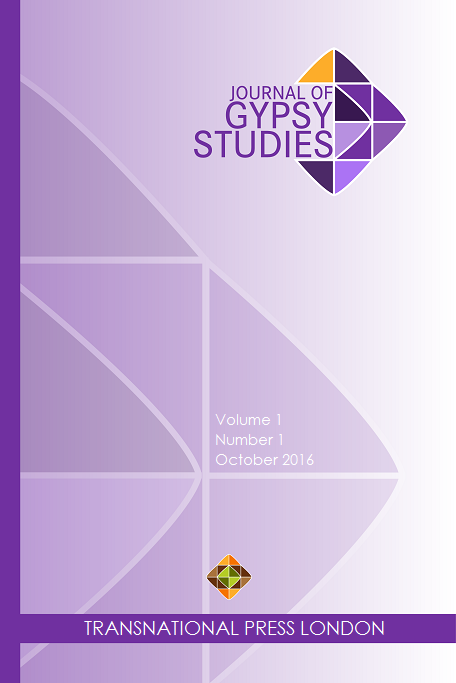A Study on the Sociology of Pierre Bourdieu and Conducting Social Research with Gypsy / Roma Groups
A Study on the Sociology of Pierre Bourdieu and Conducting Social Research with Gypsy / Roma Groups
Author(s): Elif Gezgin, Margaret GreenfieldsSubject(s): Politics / Political Sciences, Geography, Regional studies, Sociology of Culture, Ethnic Minorities Studies
Published by: Transnational Press London
Keywords: Bourdieu; Relational Sociology; Gypsy/Roma(ni) people; inequalities; identity; research
Summary/Abstract: In social science discourse, the dichotomy between agency and structure tends to dominate debates pertaining to identity construction. When complex social facts are viewed through a simplistic prism of either individual activities or dominant structural impacts is likely to lead to a conclusion, - particularly when the subjects of research are members of communities at risk of vulnerability- which is merely two-dimensional; omitting essential elements and interplays of circumstances, agency and structures which can rapidly shift dependent on both personal and external contexts and stressors. In this article, we discuss ways of utilising Pierre Bourdieu's theoretical model to explore the potential for creating a more nuanced theory of identity construction in the context of case studies focused on Gypsy/Roma(ni) people, whose identities depend both on internal identifications and those of the (dominant) groups with whom they live. We also aim to consider how in two widely contrasting international contexts – that of Roma people in Turkey and Gypsy/Traveller communities in the UK – use of Bourdieuian analysis provides appropriate tools that enable an analysis of daily living and the associated sense of active agency of these populations without minimising or excluding the structural effects which impact them. This approach enables a nuanced relational approach to understanding Gypsy/Roma(ni) groups’ identity construction in its entirety, whilst taking account of the specific geographical context in which the populations reside.
Journal: Journal of Gypsy Studies
- Issue Year: 1/2017
- Issue No: 1
- Page Range: 31-47
- Page Count: 17
- Language: English

